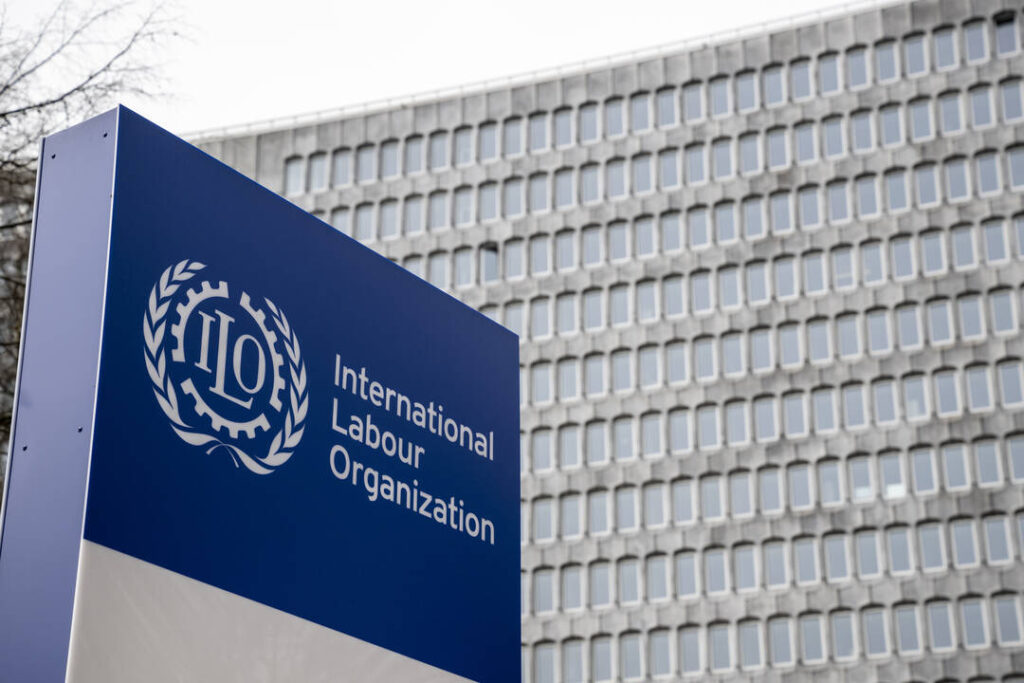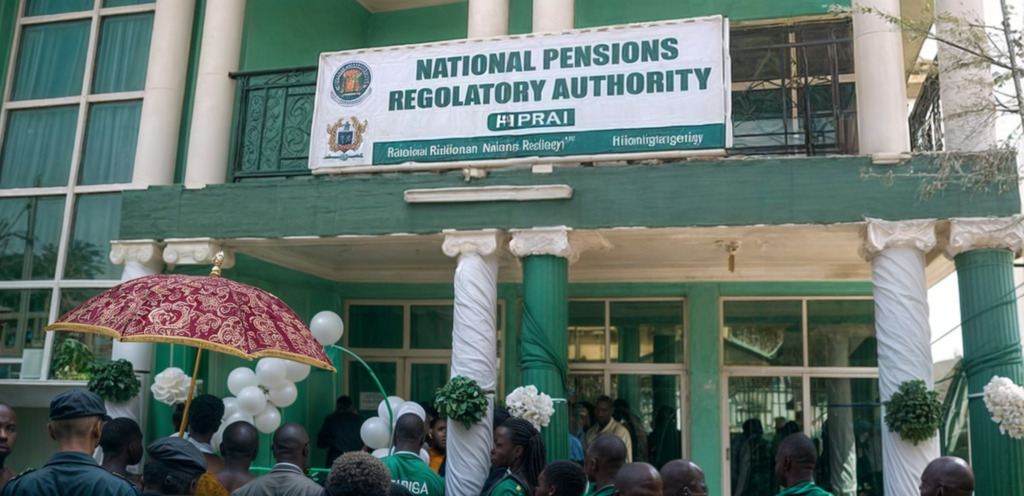The banking hall is full. Not with the usual crowd but with older men and a few older women. Some chat softly. Others stare ahead, eyes fixed on the counter.
It is the third Thursday of the month, the day the Social Security and National Insurance Trust (SSNIT) pensions are paid.
I watch the line inches forward, and a quiet question arises. What would happen if SSNIT could not pay pensions on time? What would it mean for these men and women, many of whom have planned their food and medication around this monthly payment?
What the System Is Meant to Be
SSNIT operates a defined benefit (DB) scheme. Pensions are calculated by a fixed formula in law, based on the average of a worker’s three best years’ salary and the number of months contributed.
Unlike market-based schemes, this design guarantees retirees a fixed amount each month, regardless of economic performance or investment returns.
But therein lies the system’s structural flaw.
Defined benefit schemes like SSNITs are typically funded through a scaled premium model. In Ghana, this is currently 11% of a worker’s basic salary.
Contributions and investment income fund current liabilities, with any surplus invested to cover future payments. Once liabilities exceed total income, the scheme becomes underfunded.
Ghana’s first-tier system is not immune. The threat of underfunding is slowly growing more urgent.
A Balancing Act That No Longer Balances
In 1997, SSNIT paid out less than one-sixth of what it collected in contributions. In 2006, it collected more than three times what it disbursed. These surpluses were intended to build reserves for the future, when more contributors would retire.
That future is now here.
In 2021, SSNIT paid over 300 million cedis more in benefits than it received in contributions. The line between income and expenditure had blurred. The system may have entered a fragile phase.
This shift did not happen in isolation.
A key turning point came with the National Pensions Act, 2008 (Act 766), implemented in 2010. Among other changes, it reduced the scaled premium from 17.5% to 11% and shortened the qualification period for pensions from 20 years to 15.
While this broadened access, it also narrowed the funding base.
The scenario imagined in the banking hall, a month in which pensions cannot be paid, is not impossible. It becomes more plausible in a future where monthly benefits outstrip both contributions and investment income.
For Ghana, the stakes are high. Without reform, the future of today’s contributors is in jeopardy. And so is the dignity of today’s pensioners, who may be forced to seek vulnerable employment in old age to make ends meet.
Consequences of Inaction
Slow-moving problems often go unattended. Ghana’s pension system is creaking under the weight of outdated rules and rising demands.
The International Labour Organisation (ILO) has issued a stark warning. An actuarial valuation of the scheme by the ILO recommended increasing the scaled premium to 22%.

It also proposed including all earnings, not only basic salary, when calculating contributions. The report argued that these changes would have the greatest impact on the scheme’s long-term sustainability.
Many employers currently classify only a portion of pay as “basic salary,” with the rest designated as allowances to lower contribution obligations.
This erodes equity and locks workers into pensions that reflect only part of their actual earnings.
SSNIT by itself is taking steps to adjust. It has begun shifting investments away from real estate into more liquid financial instruments.
This move, though coinciding with the Domestic Debt Exchange Programme, was a sensible one. It has also launched cost-cutting initiatives and is working to expand coverage to informal sector workers.
These are positive steps, but they are not enough. The scheme needs full-scale reform, not partial fixes. A new kidney, not a band-aid.
For Ghana, the stakes are high. Without reform, the future of today’s contributors is in jeopardy. And so is the dignity of today’s pensioners, who may be forced to seek vulnerable employment in old age to make ends meet.
Avoiding that future will take more than administrative fixes. It will require bold policy choices and the courage to make them.
A Call for National Dialogue and Reform
Ghana’s pension challenge cannot be solved in isolation. It requires a shared understanding of the trade-offs ahead and the political will to act.
The government, the National Pensions Regulatory Authority, and Organised Labour must convene an honest national conversation about the sustainability of the first-tier pension scheme.
That conversation should be driven by data, not ideology.

Any proposal to raise the retirement age must be grounded in real trends like life expectancy, health data, and workforce participation, not assumed arbitrarily. A flexible model might serve the country better.
Rather than impose a rigid retirement age, workers could be allowed to continue contributing voluntarily beyond the current limits, in exchange for higher pension rights.
Meanwhile, SSNIT’s ongoing embrace of digital transformation must be accelerated.
Streamlining administrative processes, reducing paperwork, and cutting down on operational overhead will free up resources that can be redirected toward benefit payments and contributor services.
The design of the scheme must evolve. Ghana needs a framework where contribution rates, benefit formulas, and retirement ages are not frozen by law but automatically adjusted in response to demographic or financial shifts.
These automatic stabilisers reduce the burden on policymakers and shield the system from the paralysis of political fear.
Because if we wait until the crisis is obvious, it will be too late.
Back in the banking hall, the crowd of elderly men and a few women begins to thin. It’s past noon, and the tellers are catching their breath. Each of those pensioners has come to collect something they were promised decades ago.
Their presence is both a testament to the faith Ghana has kept and a warning of what might happen if that faith is broken.
The views and opinions expressed in this article are those of the author and do not necessarily reflect the views of The Labari Journal. This content represents the author’s perspective and analysis.





